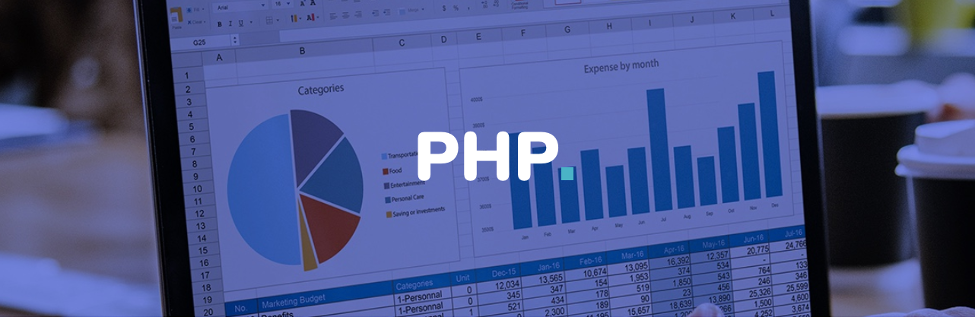Introduction
In today’s digital era, IT product development is at the forefront of innovation, enabling businesses and individuals to streamline operations, enhance convenience, and improve overall efficiency. Whether developing enterprise solutions for corporations or consumer-focused applications, understanding the fundamental concepts of product development is crucial for success.
Understanding IT Product Development
1. Identifying Product Type
Every IT product serves a distinct purpose, categorized into:
- Consumer-oriented IT Products: Apps and software designed for public use (e.g., healthcare apps, ride-hailing platforms, social media platforms).
- Enterprise IT Solutions: Business-focused applications designed to optimize operations (e.g., CRM software, ERP systems, cybersecurity solutions).
2. Defining Product Concept
Before diving into development, it is essential to define:
- Target audience: Will it serve individuals or enterprises?
- Core purpose: What problem does it solve?
- Market demand: Is there a validated need for this product?
Key Steps in IT Product Development
1. Market Research & Idea Validation
To create a successful IT product, conducting thorough market research is vital. This includes:
- Analyzing industry trends and competition
- Gathering user feedback through surveys or MVP (Minimum Viable Product) testing
- Identifying pain points and developing unique solutions
2. Planning & Requirement Analysis
Once the idea is validated, the next step is to outline:
- Functional specifications (features, integrations, scalability)
- Technology stack selection (e.g., React, Laravel, Node.js, Python)
- Compliance & security requirements (GDPR, HIPAA, PCI-DSS, etc.)
3. Design & Prototyping
Creating an intuitive and user-friendly UI/UX design ensures a seamless user experience. Tools like Figma, Adobe XD, and Sketch help visualize:
- Wireframes & mockups
- User flow navigation
- Interactive prototypes for testing
4. Development & Technology Implementation
Choosing the right tech stack plays a crucial role in product efficiency:
- Frontend Development: React, Angular, Vue.js
- Backend Development: Laravel, Node.js, Python, PHP
- Database Management: MySQL, PostgreSQL, MongoDB
- Mobile Development: Flutter, React Native, Kotlin
5. Testing & Quality Assurance
Before launching, rigorous testing is performed to ensure:
- Functionality & performance meet user expectations
- Security vulnerabilities are addressed
- Cross-platform compatibility is optimized
6. Deployment & Maintenance
After successful testing, the product is launched and monitored for performance. Ongoing maintenance & support includes:
- Bug fixes & updates
- Scaling infrastructure for growth
- User feedback-driven improvements
Why IT Product Development is a Game-Changer in 2024
With emerging technologies like AI, Blockchain, and Cloud Computing, IT products are revolutionizing industries. Businesses investing in custom software solutions are witnessing:
- Increased operational efficiency
- Better customer engagement
- Higher revenue growth
Best Practices for Successful IT Product Development
1. Agile Development Methodology
Utilizing Agile practices ensures continuous improvement, rapid iterations, and responsiveness to user feedback.
2. Scalability & Performance Optimization
Developing a scalable architecture allows IT products to handle increasing user demands without performance degradation.
3. Security & Compliance Integration
Incorporating robust cybersecurity measures safeguards sensitive data and ensures regulatory compliance.
4. Data-Driven Decision Making
Using analytics and AI-driven insights helps in optimizing features and enhancing user experience based on real-time data.
5. Continuous Innovation & Improvement
Technology evolves rapidly, making it crucial for businesses to keep innovating and updating IT products to stay competitive.
Conclusion
IT product development is a strategic process that requires thorough planning, innovative execution, and continuous optimization. Whether building a business application or a consumer-facing software, following a structured development approach ensures long-term success. Looking to develop an IT product? Partner with an expert development team today to bring your vision to reality.





